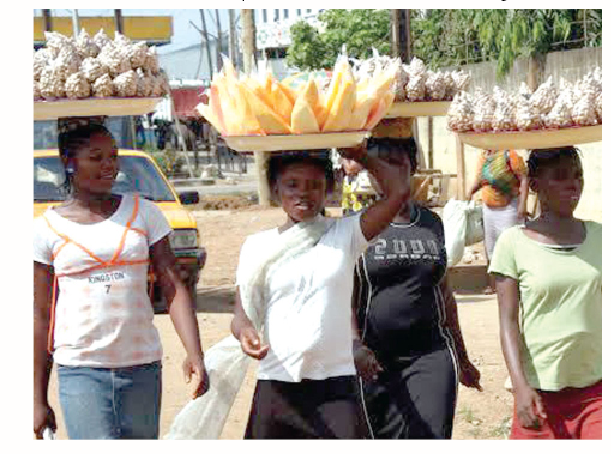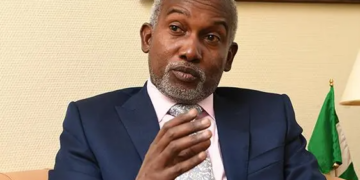Stakeholders in labour union sector have raised the alarm over rising cases of indecent work and child labour in the country, calling on President Bola Ahmed Tinubu to create more conducive and decent workplaces for Nigerian workers to tackle poverty.
They warned that the country is sitting on keg of gunpowder that could explode any moment if the federal government fails to tackle issues of rising cases of school dropouts and child labour across the country.
They charged Mr President to provide living wage for Nigerian workers following the harsh economic realities which have converted the current National Minimum Wage to peanuts money in spite of palliatives.
The stakeholders who spoke with LEADERSHIP Sunday in Lagos cited the harsh working environment in most workplaces as reason for their ca
On his part, the President of National Union of Food, Beverage and Tobacco Employees of Nigeria (NUFBTE), Comrade Ibrahim Garuba noted that government has not done enough in checkmating child labour that is on daily increase because of harsh economy which has pushed many families into poverty level.
According to Garuba: “As ILO convention spelt out what decent work means which includes ability to provide dignity, fair wages, and safe conditions for workers, FG must work towards giving Nigerian workers a living wage.”
In the same vein, the General Secretary Federation of Informal Workers Organisations (FIWON) Comrade Gbenga Komolafe also wants the federal government to come up with more robust economic policies.
Komolafe described the conditions of Nigerian workers, especially workers in the informal sector as very tough conditions since subsidy removal.
He said, “informal work has grown from the uncomfortable threshold of 80 per cent we used to complain about to over 90 per cent according to the Nigeria Bureau of Statistics.
“The year 2023 has been a particularly challenging year for workers in the informal sector based on the hike in cost of production since the removal of subsidy. Early in the year, the federal government announced an ill- advised currency redesign policy which led to scarcity of the National currency while basic infrastructures for electronic commerce crumbled, pushing millions of informal businesses into the precipice of insolvency.
‘’Then we have had an over 300 per cent increase in fuel price while the naira value has also nosedived by more than 100 per cent since the so-called parallel and official markets were ‘harmonized’.
We’ve got the edge. Get real-time reports, breaking scoops, and exclusive angles delivered straight to your phone. Don’t settle for stale news. Join LEADERSHIP NEWS on WhatsApp for 24/7 updates →
Join Our WhatsApp Channel










